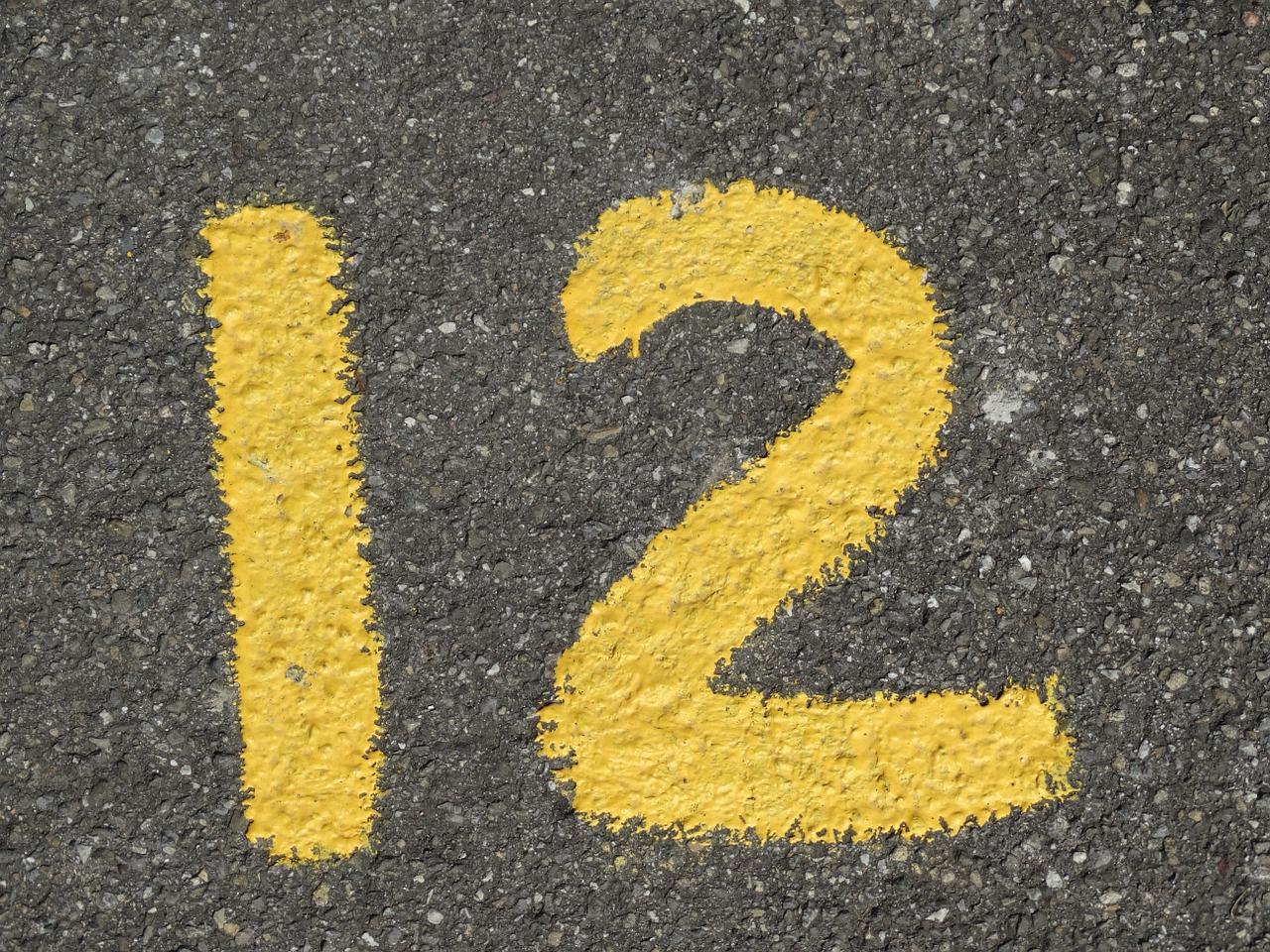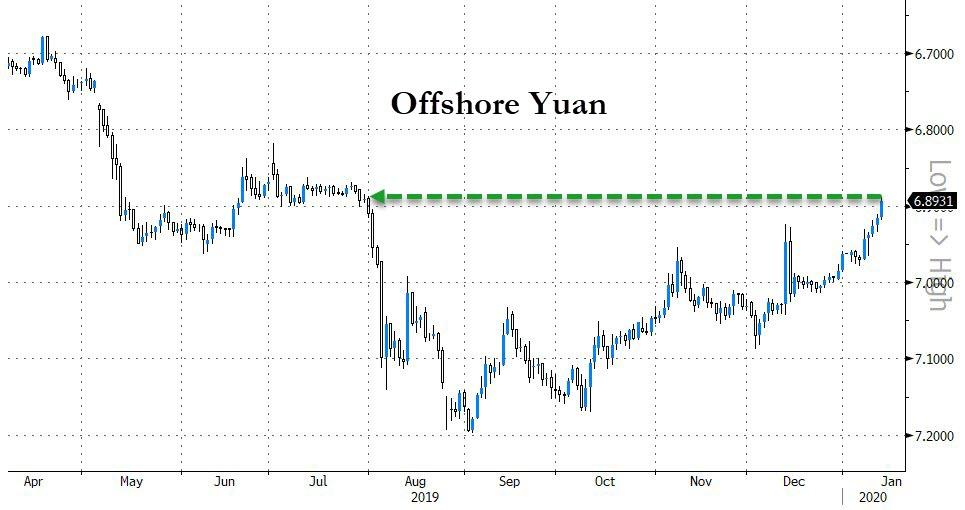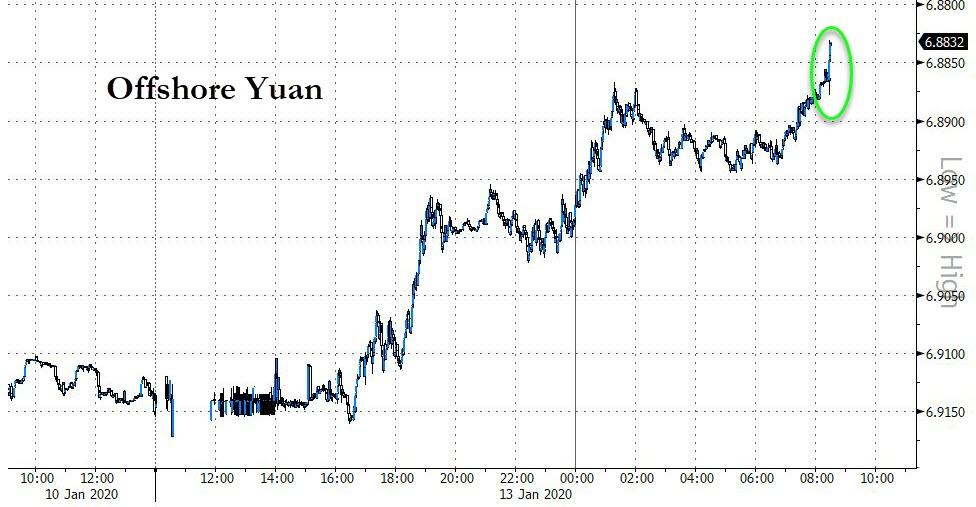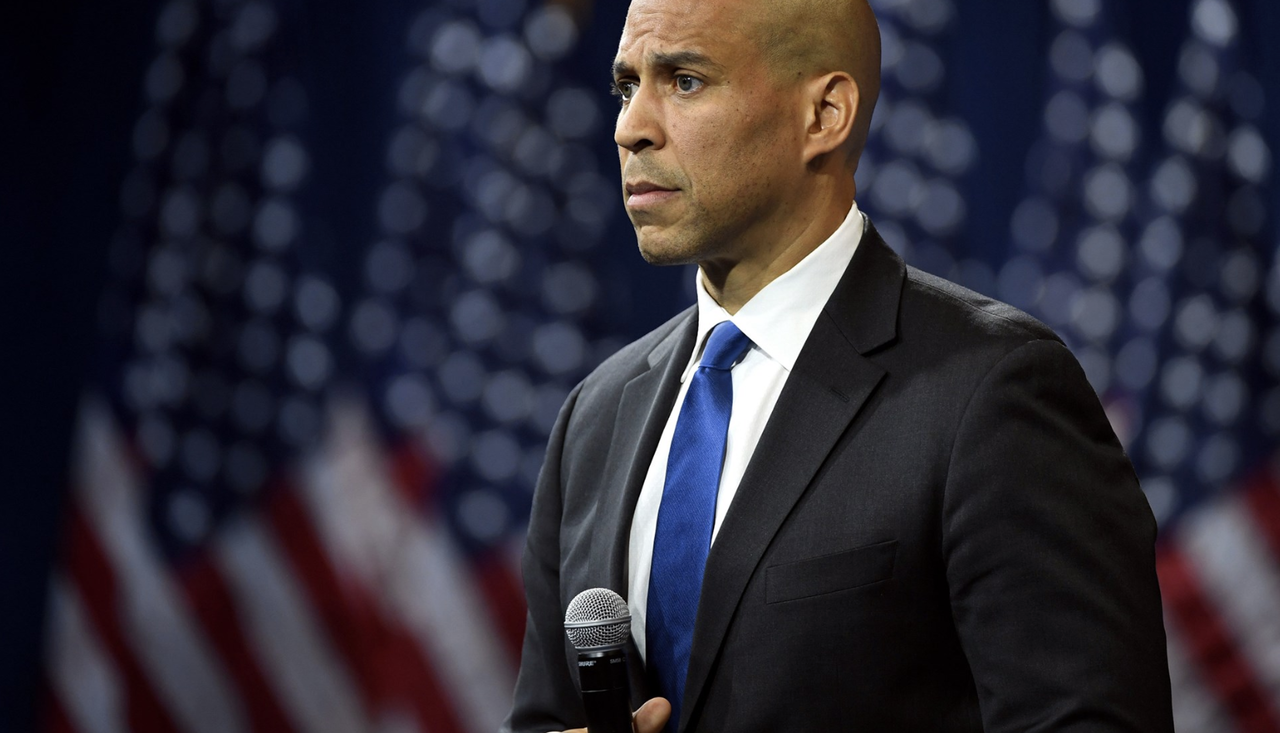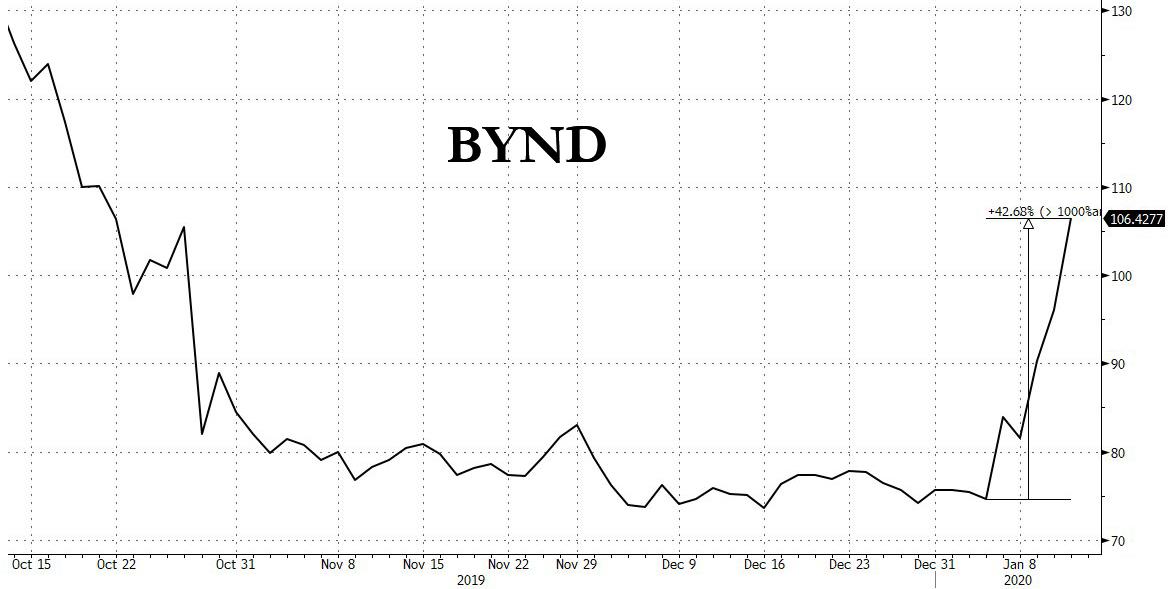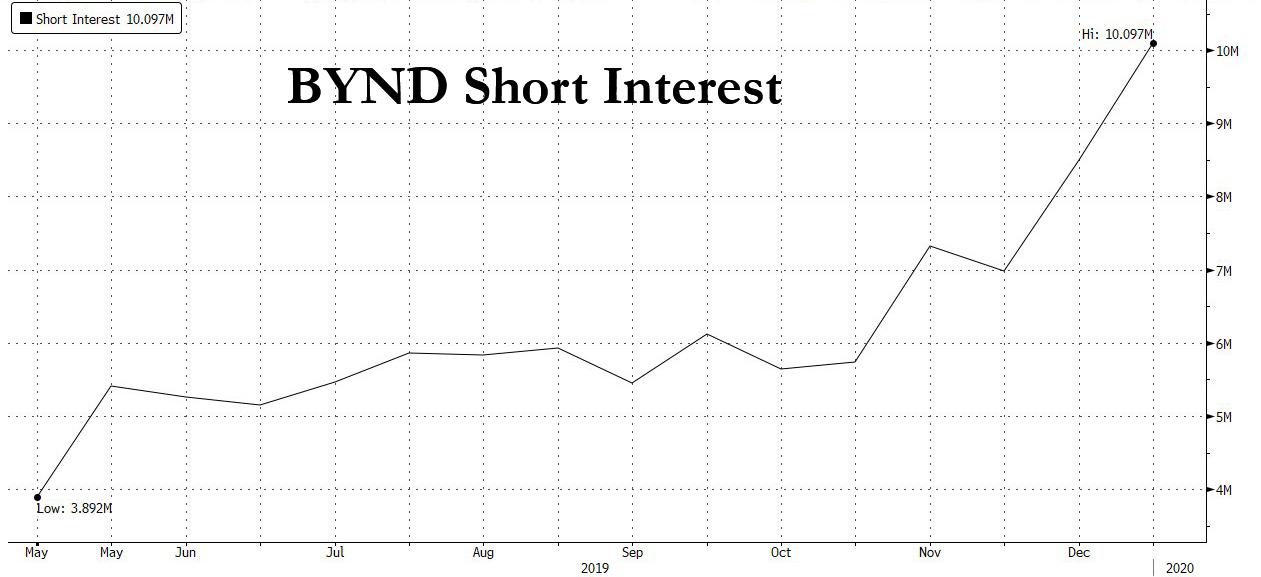The question of whether we will hear testimony from any of the people in Trump’s inner circle appears to have become the hinge on which the entire impeachment process is poised.
If you think about it, it is astonishing—bizarre, really—that we may well reach the end of this entire process without having heard from any of the people in a position to know the answer to the question: what was Trump doing, and why was he doing it?
There are two competing narratives regarding this question: the “Fighting Corruption” narrative and the “Digging Up Dirt” narrative. In the former, he was doing what presidents often do: dangling a carrot or two (military assistance, a White House meeting) in front of a foreign leader in order to push that leader to take some steps that the president believes to be in the interest of the U.S. (fighting corruption, spending the money we give them judiciously). In the “Digging Up Dirt” narrative, he was dangling the carrots not to advance the interests of the U.S.—indeed, quite possibly in opposition to the national interest—but to inflict damage on his political opponents and thereby advance his own electoral prospects in 2020.
Most reasonable people, I think, would agree that Fighting Corruption is not an abuse of presidential power, but that Digging Up Dirt is. It follows that it is of exceeding importance that we find out which of the narratives is closer to the truth.
Now, let’s pretend that we really and truly want to know which narrative is closer to the truth. If we really and truly want to know what the President was up to and why, we would surely want to hear from those in a position to provide evidence about that, evidence gleaned from their first-hand knowledge of the President’s words and deeds. E.g., Messrs. Bolton, Pompeo, Mulvaney, and Giuliani. And, of course, from the President himself, under oath.
Yet here we are. If Mitch McConnell can hold the Senate Republicans together, we—and by “we” I mean the American people—will have heard from none of them, under oath, about any of this.
How we reached this ridiculous and sorry state of affairs goes something like this. The President publicly ordered his subordinates [here] “not to participate in [the House’s] partisan and unconstitutional inquiry.” Several senior Executive Branch officials publicly announced that they would obey that White House command, and that they would therefore not comply with any House requests (by subpoena or otherwise) for documents or live testimony, unless and until they were directed to do so by a final order of a federal court. House Democrats then made the decision not to take that question to the courts, on the stated ground that the process of obtaining a final judicial determination would take too long, and would push the hearings back into the midst of the 2020 election season.
I wasn’t at all sure, at the time, that this was the right decision—at least, if “the right decision” means “the decision most likely to help resolve the question of what Trump did and why he did it”—and I’m still not sure. I’m not convinced that the process of obtaining a prompt judicial determination on the question of the validity of a House subpoena would necessarily have been so prolonged. The President’s legal position—that members of the Executive Branch are categorically immune from any compulsion to testify in an impeachment inquiry, at least whenever the President declares that proceeding “partisan and unconstitutional”—is very weak. It has virtually no support in the legal precedents (if you don’t believe me, go back and read White House Counsel Cippolone’s letter and find, if you can, the legal arguments contained therein); it is contrary to a number of Supreme Court precedents that, while not squarely on point, run in very much in spirit in the opposite direction; and it would, if accepted by the courts, effectively excise the impeachment remedy for presidential misconduct from the Constitution going forward, for without the ability to obtain testimony from those individuals carrying out a president’s orders, how will we ever be able to obtain evidence of presidential misdeeds? I don’t see why, in a case of great national importance where time is of the essence, the federal courts could not have disposed of the matter relatively quickly on an expedited basis without having to spend an inordinate amount of time resolving the question.
But that didn’t happen, and it is, at this point, water under the bridge. The House Democrats made the decision to base their case on the evidence provided by more subordinate officials, individuals who were not in a particularly strong position to say what the President’s involvement or motives might have been. That weakened, I think, the case against the President on Article I (though not Article II—see here). Without testimony from people interacting directly with the President on a daily basis, how can we possibly know what the President did and why he did it? How can we choose between the two narratives? It’s true that no “smoking gun” has been produced—but is that because Trump was Fighting Corruption and there is no smoking gun, or is it because he was Digging Up Dirt but the only people who were in a position to know that have not told us yet what they know?
The ball now is apparently about to move into the Senate’s court. The Senate’s Rules, assuming they use the Rules adopted for the Clinton trial, will permit, though they will not require, calling witnesses to testify.
If you were a Senator, and you actually wanted to get to the bottom of what happened, what’s the argument for not seeking the testimony from Trump and those in his inner circle? Even if you currently believe the Fighting Corruption story—what reason would you have for not wanting to settle the matter and get the evidence that could well confirm that story and exculpate the President?
There is, I suppose, the “Nyah Nyah, you made your bed, now sleep in it” argument: “You, Democrats, had your chance, in the House hearings, to call all the witnesses you wanted to call, and you chose to build your impeachment case on the evidence you obtained thereby, and we’re going to stick entirely to what you have come up with.”
That’s not the kind of argument, though, that you would expect from someone who really and truly wanted to know—and who thought it was important that we all know—what actually happened. And it does make one suspicious that Senators who take that position during the upcoming trial don’t really and truly want to know what happened, does it not?
Moreover, circumstances have materially changed since the House hearings were held, so the “Nyah, Nyah” argument loses much of whatever force it may have had: John Bolton has announced that he has changed his position; whereas he had told the House that he would not comply with a House subpoena unless ordered by a court to do so, he is now “prepared to testify” if called before the Senate.
I want to hear what he has to say. Under oath, not just in his book. I can’t imagine anyone who genuinely wants to know whether Trump abused his power not wanting to hear what he has to say, under oath.
Co-blogger Keith Whittington posted a thoughtful essay here on the meaning of the special oath that Senators will take before the trial convenes, swearing to “do impartial justice” in impeachment proceedings. The duty to do “impartial justice,” he writes,
… does not mean that Senators have to wait until the formal start of a trial to start assessing whether an officer has committed impeachable offenses or limit their deliberations to the specific evidence and arguments that the House managers and the counsel for the president might present on the Senate floor. It does not mean that they have to sit for the impeachment trial with an open mind and no prejudgments on the merits of the case. It does not mean that they have to refrain from making public statements about an officer’s conduct.
But, he goes on, doing impartial justice surely does mean that senators “have a duty to conduct a trial that provides both sides an adequate opportunity to present their case, [and] a duty to consider the evidence and the legal arguments that are relevant to determining whether the president has committed an impeachable offense.” I know that justice is supposed to be blind, but it’s not supposed to be willfully blind as to what actually happened.
It will only take four Republican Senators to do the right thing here; we’ll see if they emerge from the Republican caucus. I hope they do. Otherwise, a truly awful impeachment precedent will have been set, and it will come back to bite us in the ass in the future. The President’s strategy of total stonewalling will have prevailed, and any future president engaging in misconduct will surely forbid his associates from testifying as to his actions, thereby crippling our ability to uncover and punish it. Presidential impeachment—which, while flawed in many ways, has helped to keep most of the people we have elected as Chief Executive from doing truly awful things with the power we have placed in their hands—will no longer function as a deterrent to presidential misconduct. Whatever you may think of the current charges against our current president, I don’t think you should rejoice at that outcome.
from Latest – Reason.com https://ift.tt/37Zbyen
via IFTTT
